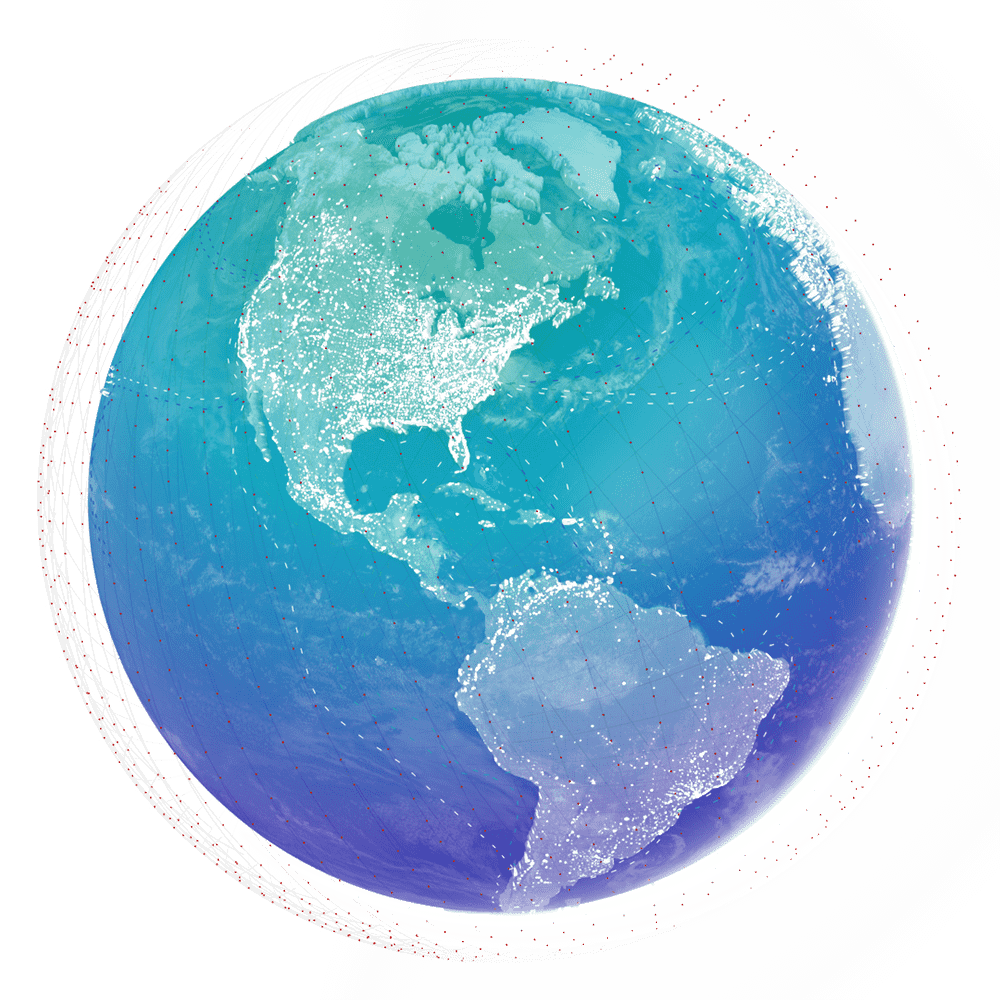How can port operators use Spire Maritime AIS data?
Track incoming vessels, including reliable estimated time of arrival
Plan berths and
resource allocation
Optimize daily
port operations
Monitor and respond
to crisis events
Relevant blog posts on Port operations
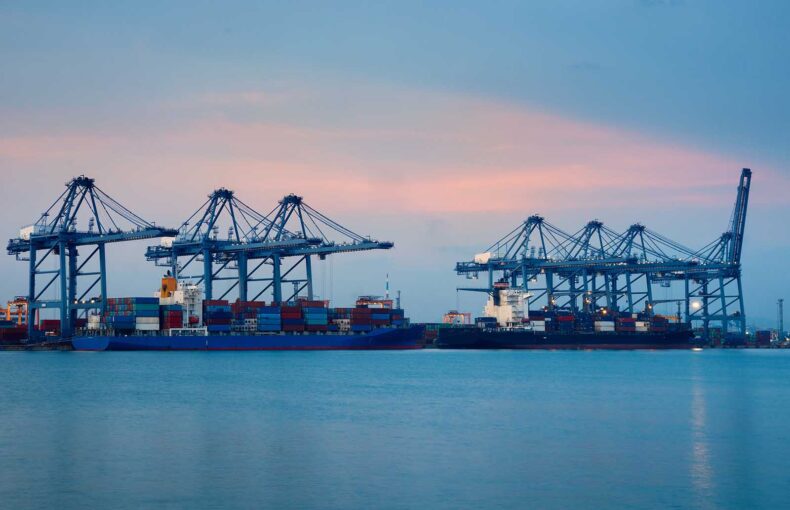
Strikes disrupt operations: Leveraging AIS Data to minimize their effects
In a historic labor dispute, dockworkers along the US East Coast and Gulf Coast have launched the first major strike by the International Longshoremen’s Association (ILA) since 1977.
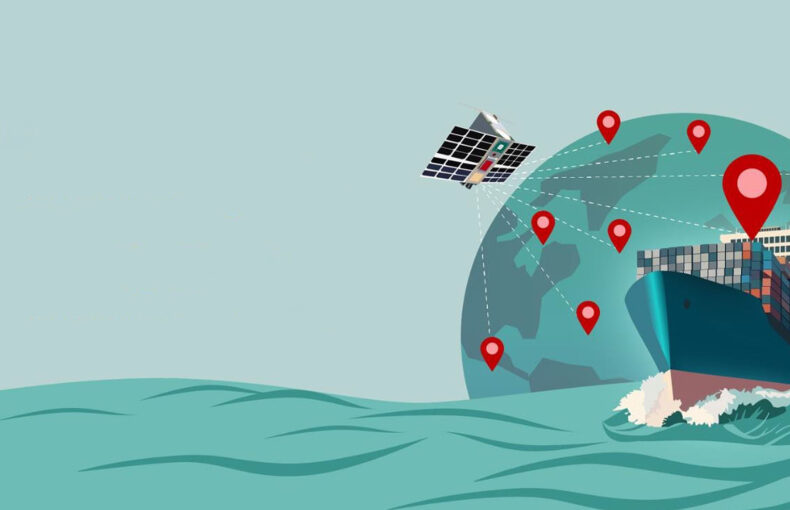
Not all AIS data is equal: How to identify and ensure AIS data quality
Originally designed as an anti-collision tool, the Automatic Identification System (AIS) has, over the past two decades, evolved into a comprehensive data collection and analysis system.
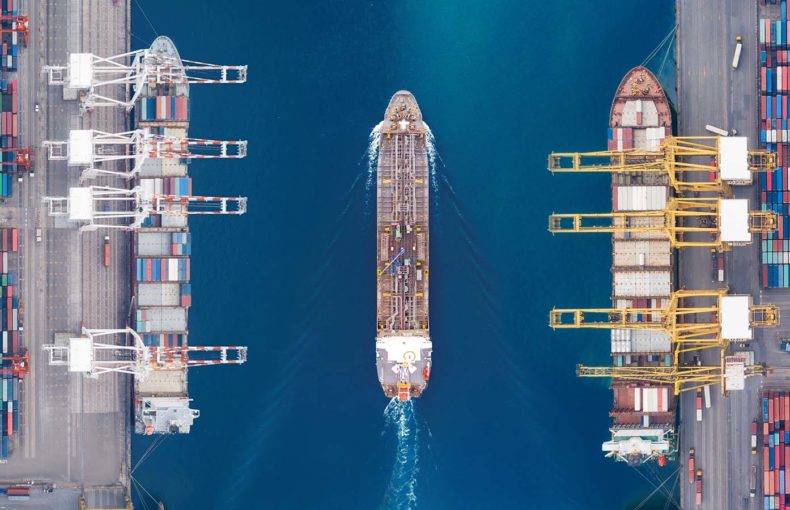
Port Events: Smart AIS Data for port and vessel optimization
As the maritime industry continues to embrace digitization, the power and payoffs of leveraging data are being realized in increasingly impactful ways, from port operations, insurance underwriting, and supply chain monitoring to reducing carbon emissions.
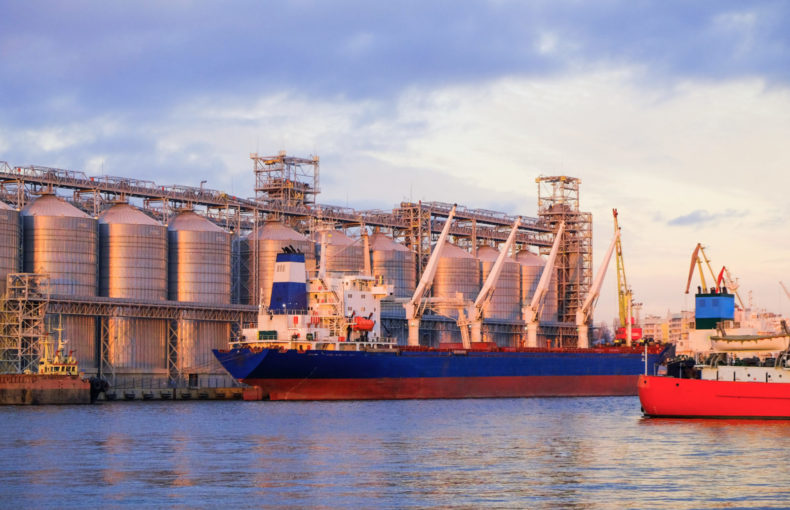
Using AIS data to understand the destination of Ukrainian grain exports
Using AIS data, we looked into the reported destinations of ships leaving Ukraine under the Black Sea Grain Initiative and monitored them to get a sense of what is happening on the ground.
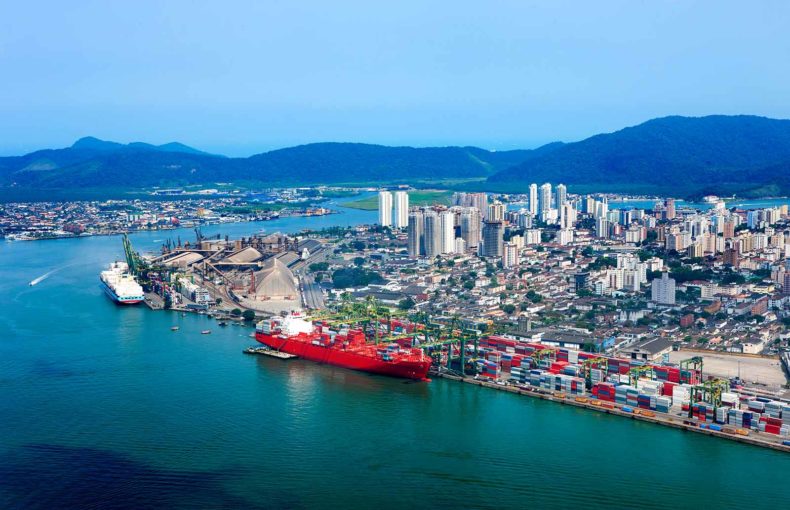
The Port of Santos: Central to Brazil’s Economy and History
Nestled between one of the Americas largest cities, São Paulo, and the Atlantic Ocean, the Port of Santos is a sprawling port that continues to grow. It is the second busiest container port in Latin America after Panama’s Port of Colón and acts as the beating heart of Brazil’s economy.
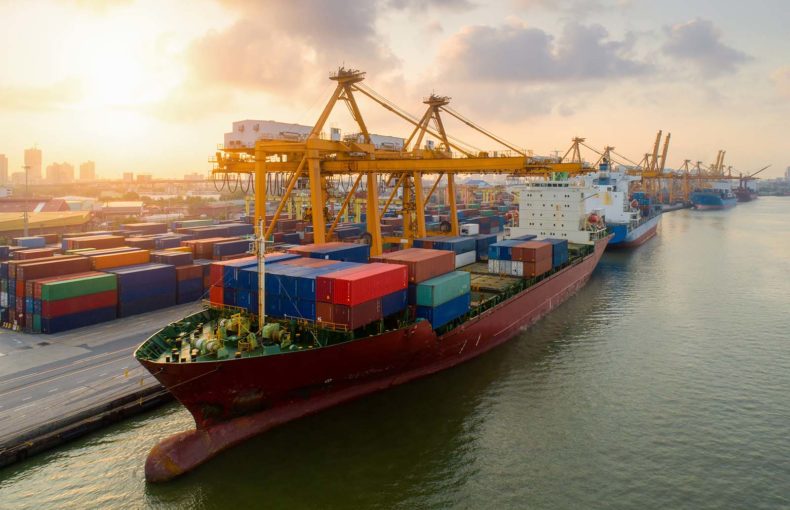
Access current congestion levels for the world’s top ports with Spire’s Port Congestion Index
Having an accurate picture of a ship’s voyage is essential and the start and end of such a voyage happen in ports. When you don’t have dependable congestion data exactly when you need it, precious time and money are at risk, and the ability to make informed decisions can be impaired.
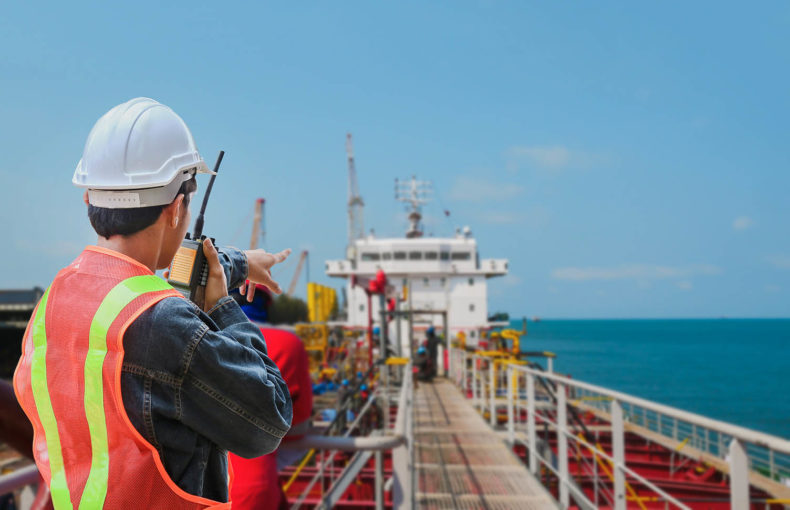
Recognizing the many individual voyages that enable world trade
Held annually to recognize the people who work the high seas and keep the world’s economy moving, the Day of the Seafarer was recognized this past June 25th. It is an international event designed to highlight the critical role these maritime workers play in the modern world and the challenges they face, some of which have been around since the Age of Sail.
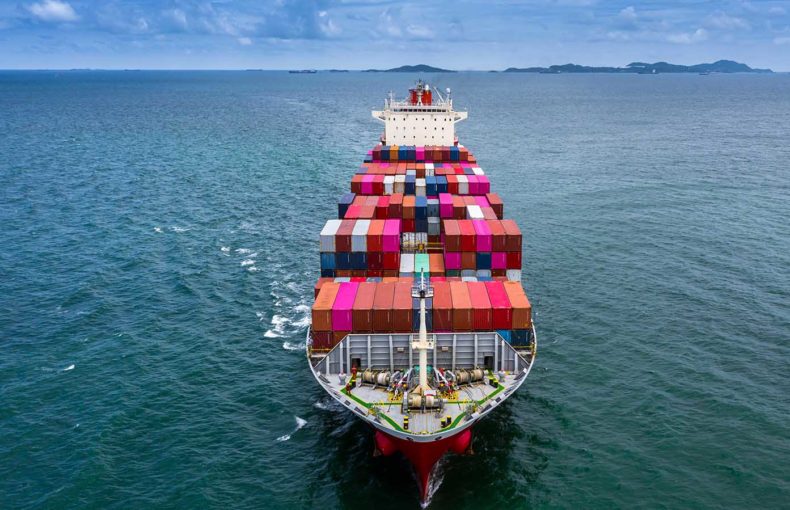
Maritime AIS: Why data quality matters
For virtually any commercial business or organization (governmental or non-governmental) in the modern world, the collection of quality data is of elemental importance.

